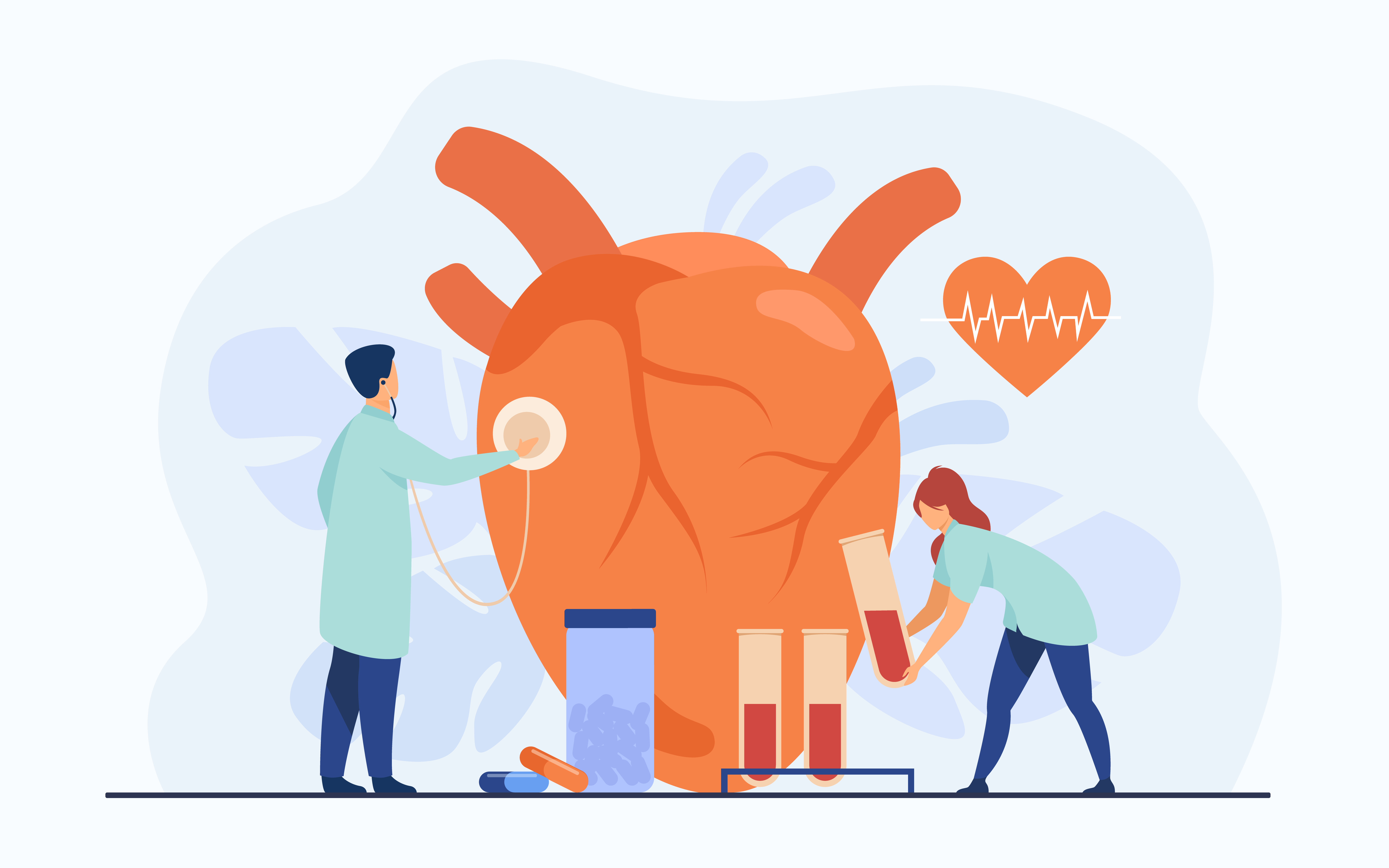
Understanding Atrial Fibrillation: What Is It?
Introduction
Atrial Fibrillation (AFib) is a common heart rhythm disorder affecting millions of people around the world. Despite how widespread it is, many people don’t fully understand what AFib is. This blog will explain AFib in simple terms, helping you gain a clearer understanding of this condition.
What Is Atrial Fibrillation?
Atrial Fibrillation is a type of heart rhythm disorder. It happens when the upper chambers of the heart, called the atria, beat irregularly and faster than normal. Instead of contracting properly to push blood into the lower chambers (ventricles), the atria quiver, causing an irregular heartbeat.
Causes of Atrial Fibrillation
AFib can have several causes. Some common factors include aging, high blood pressure, heart disease, thyroid problems, excessive alcohol use, obesity, and sleep apnea. In some cases, the cause may not be known.
Symptoms of Atrial Fibrillation
People with AFib may experience a range of symptoms. Some might not feel anything, while others may notice palpitations (rapid or irregular heartbeat), chest discomfort, shortness of breath, fatigue, dizziness, or even fainting. If you experience any of these symptoms, it’s important to seek medical advice.
Complications of Atrial Fibrillation
If AFib is left untreated, it can lead to serious complications. These include stroke, heart failure, and the formation of blood clots, all of which can be life-threatening. Managing AFib through treatment can help reduce these risks.
Diagnosis and Treatment Options
To diagnose AFib, doctors typically perform an electrocardiogram (ECG) to measure the heart’s electrical activity. In some cases, additional tests such as an echocardiogram may be recommended to assess the heart’s structure.
Treatment for AFib aims to restore normal heart rhythm and prevent complications. Options may include medications, lifestyle changes, and sometimes medical procedures like cardioversion or catheter ablation.
It’s essential to work closely with your healthcare provider to find the best treatment plan for you.
Conclusion
Atrial Fibrillation is a common but serious heart condition that causes irregular and often fast heartbeats. It can be caused by various factors, and while symptoms can vary, it’s important to be aware of them. If left untreated, AFib can lead to serious health complications, including stroke and heart failure.
Understanding AFib is the first step toward proper management and treatment.
To seek medical advice, always consult a Doctor. Here are our recommended experts. Click here
To read more on Heart Disease . Click Here


